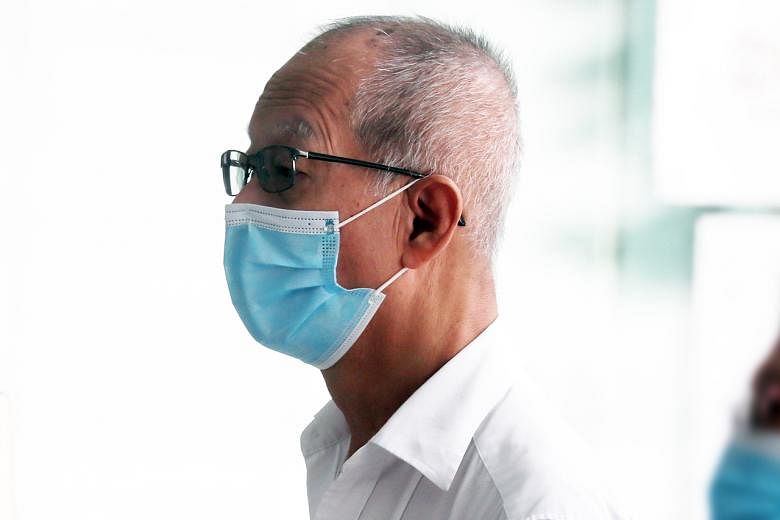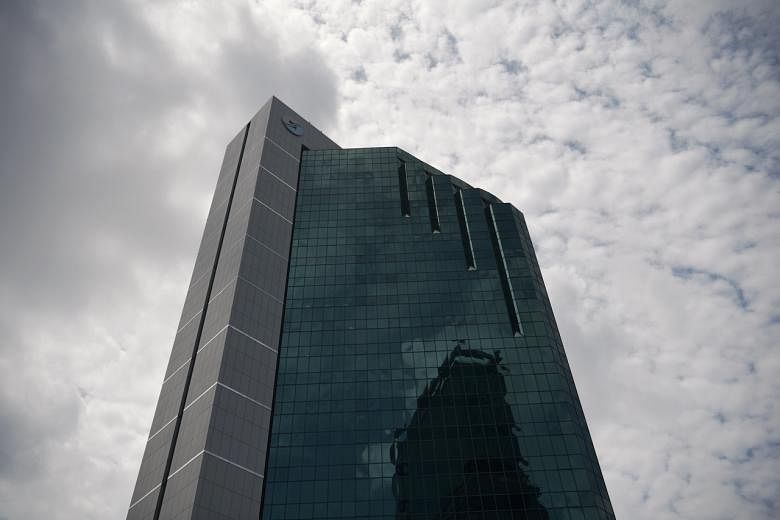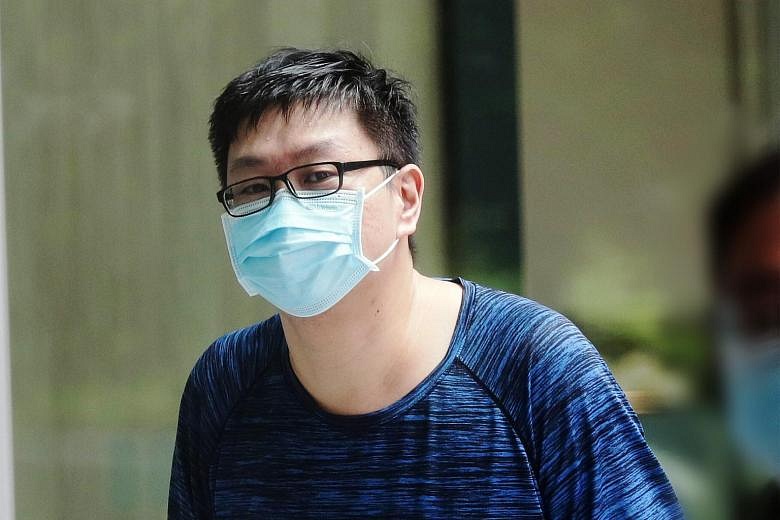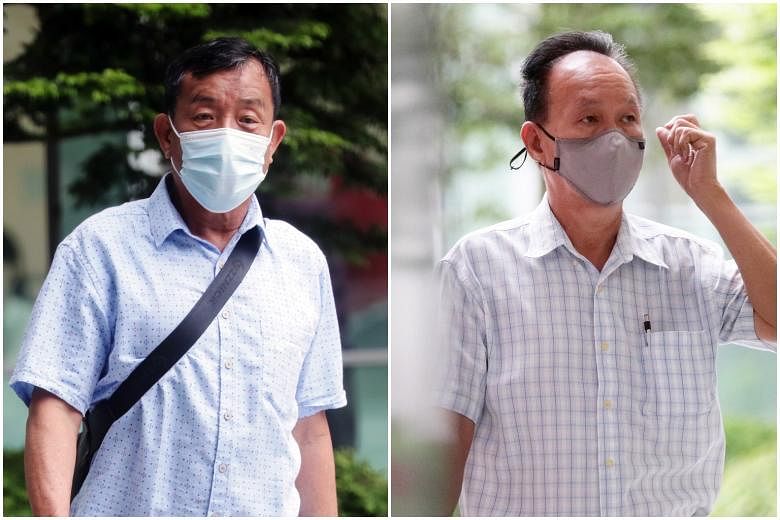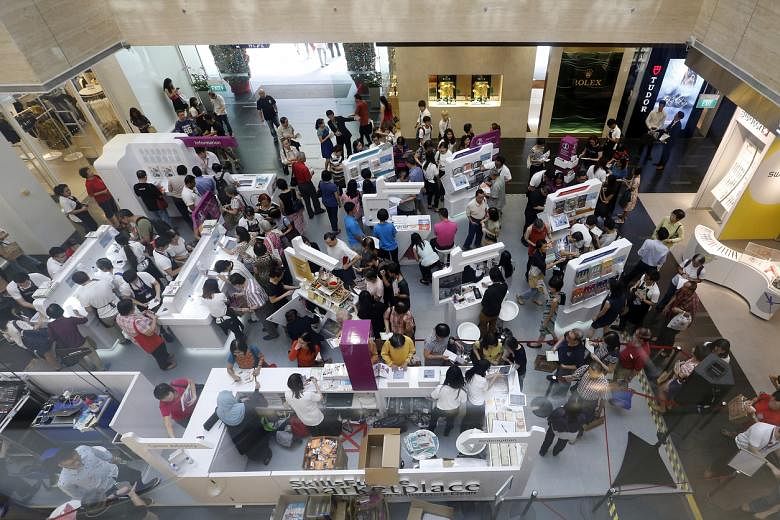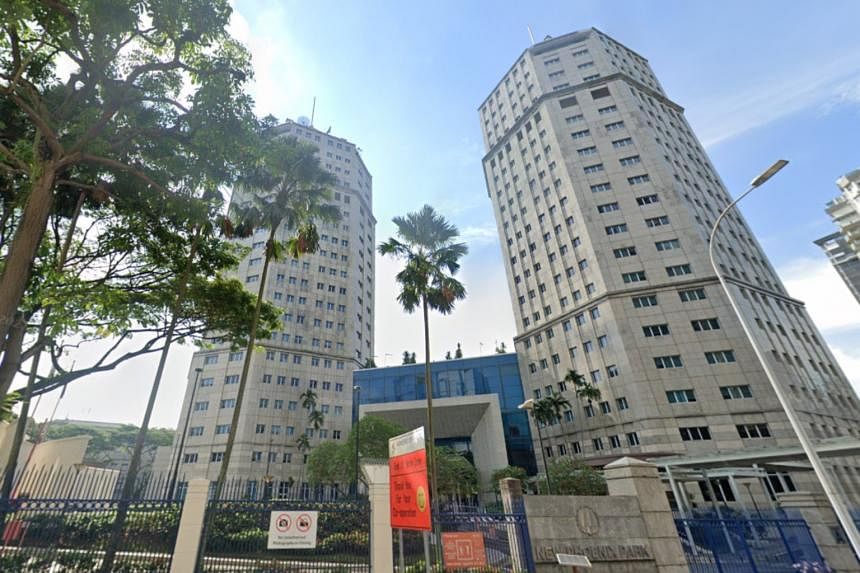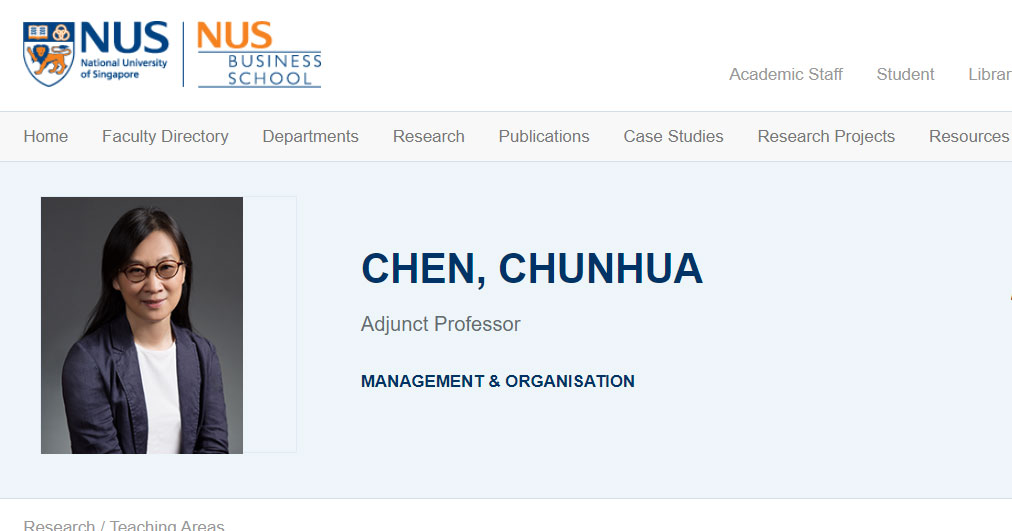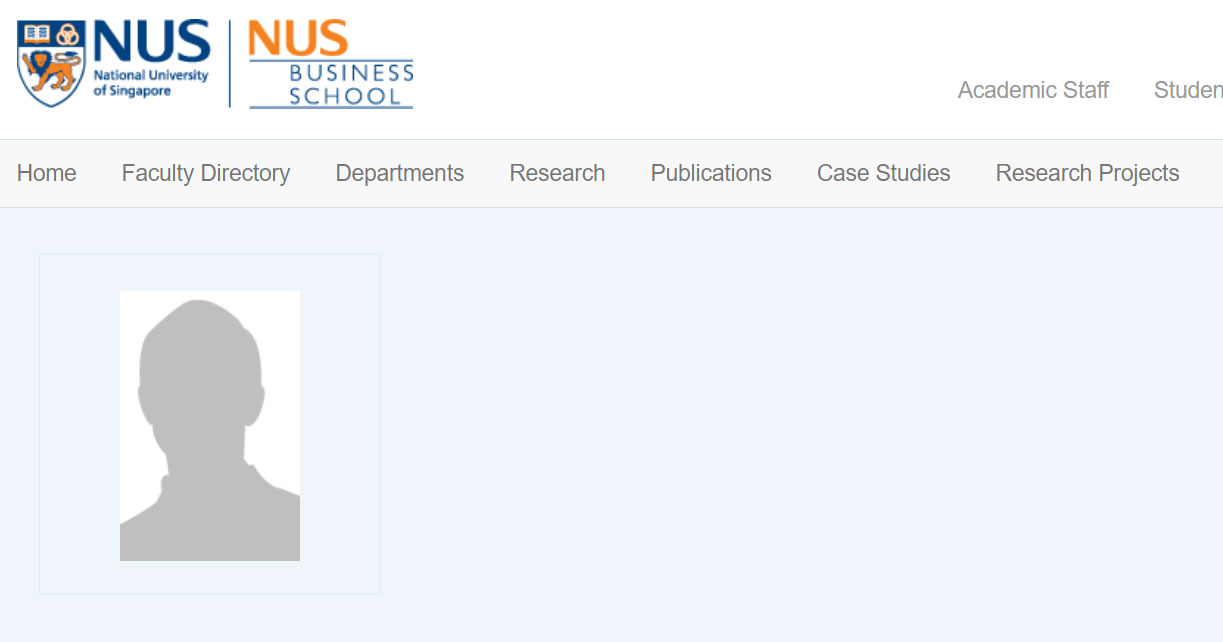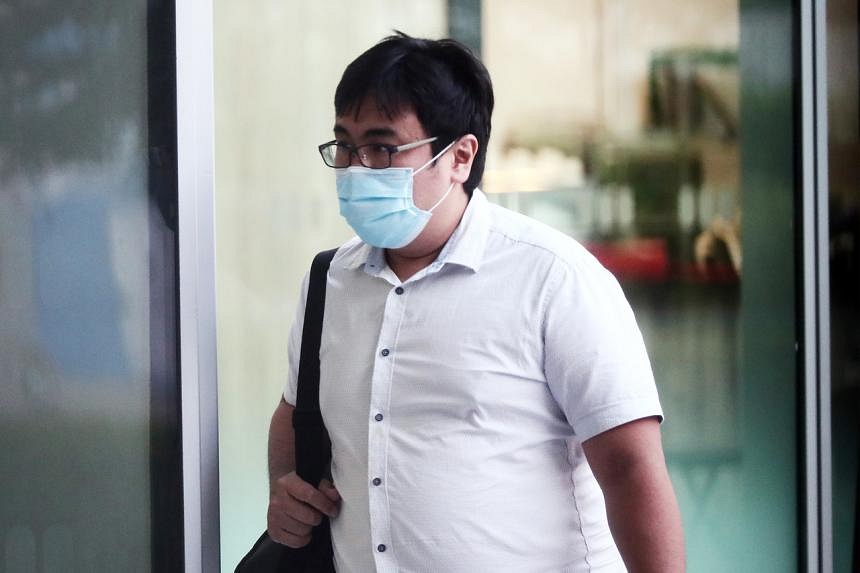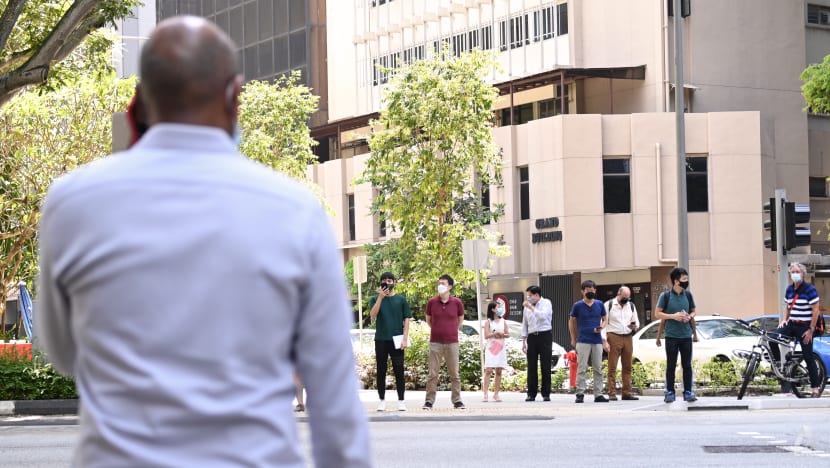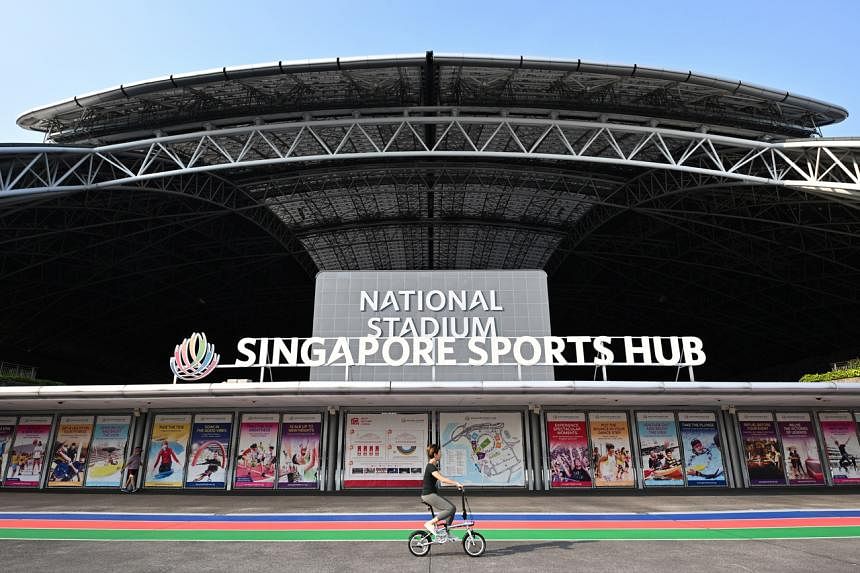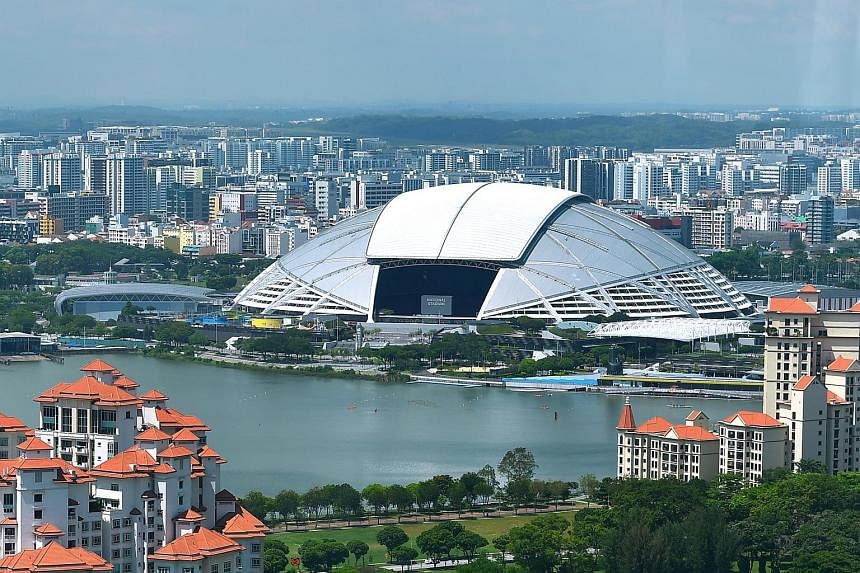$2.3b cost of terminating Sports Hub PPP represented 'fair deal' for Govt: Edwin Tong
Sport Singapore will start operating the Singapore Sports Hub from Dec 9. PHOTO: ST FILE
Sazali Abdul Aziz
Correspondent
Aug 1, 2022
SINGAPORE - The Government's decision to take over the management and ownership of the Singapore Sports Hub came after "detailed financial, legal and operational due diligence" was carried out, Minister for Culture, Community and Youth Edwin Tong told Parliament on Monday (Aug 1).
The Government came to the conclusion that the move would serve the interests of Singapore and Singaporeans better, he said.
National agency Sport Singapore (SportSG) had announced on June 10 that
it would terminate the partnership with Sports Hub Pte Ltd (SHPL), the private consortium that has been running the $1.33 billion facility since it opened in 2014, and start operating the 35ha facility from Dec 9.
This brings to an end the public-private partnership (PPP) and its profit-driven model, which ultimately proved restrictive to the role the Government wanted the Sports Hub to fulfil.
Responding to questions from various MPs, Mr Tong explained in a ministerial statement that the Government has been "closely evaluating the performance of the Sports Hub" over the last 12 to 18 months and assessing whether to continue with the PPP.
The arrangement saw SportSG paying SHPL an annual fee of about $193.7 million from 2014 to 2035 to finance and operate the facility.
He also gave a detailed breakdown of the costs of the move and explained how it was comparable to the $2.32 billion that SportSG would have paid had it continued with the PPP arrangement till 2035.
He said the takeover decision represented a "fair deal" for the Government on which to take back the assets.
"None of these components are penalties to the Government for the termination... These are simply costs we would have had to incur or would have incurred going forward," Mr Tong reiterated.
With the termination, the Government would have to pay two main "buckets" of cost, he added.
The first is the amount to be paid to SHPL for the termination, worth about $1.5 billion, and the second is the costs that will be spent post-handover, estimated at about $800 million.
From the first bucket, the largest component, which accounts for $1.2 billion, he said, is the capital expenditure that the Government would have had to bear if it had adopted the traditional procurement approach from the start.
The remaining components, worth about $300 million, are primarily the fair open market value of the Sports Hub, which is commercially negotiated, and other costs, expenses and deductions.
The second bucket, said Mr Tong, comprises the costs of running and operating the facility, post-handover.
He noted that the current operating assumptions and costs incurred by SHPL, which includes maintenance and programming costs, and the day-to-day costs of operating the venue, amount to approximately $68 million a year, or a sum of $800 million until 2035.
"Taking the two buckets of costs to be paid for the termination - the sum to be paid to SHPL, which largely reflects the upfront capital expenditure and future operating costs - this would be a fair deal that the Government is making to take back the assets," said Mr Tong.
He also further explained in Parliament that there was "a confluence of several reasons", and not just any single one which led to the Government's decision.
The first is that, despite the world-class infrastructure of the venue, the "quality and volume" of the SHPL's calendar of events and programming for the facility, which includes the 55,000-seater National Stadium, fell short of expectations.
"We wanted to see SHPL invest in the creation of their own new event intellectual properties and building on existing event properties, but these did not come to fruition," said Mr Tong.
"Apart from the Super Rugby event from 2016-2019, SHPL has not secured any recurring or marquee sport events at the Sports Hub on a multi-year basis. The Sports Hub is a world-class sporting facility, and of course international marquee events are important."
He added that there "ought to have been more community participation and activation" around the Sports Hub, in the form of grassroots, schools, or junior national athletes programmes having more access to the venue through key events at National School Games, or Family Days and carnivals centred around sporting objectives.
There was a need for greater emphasis on community programming and "driving social outcomes, even if such programmes did not always resonate with commercial returns", he said.
The SHPL's profit-driven focus meant that SportSG "encountered resistance" when it planned to bring the ActiveSG basketball academy programme to the OCBC Arena "as such activities were not revenue-generating", while costs of hosting school sport events, such as combined sports days and National School Games, were high and prohibitive to organisers.
While he noted that
moving to have more community participation at the Sports Hub will likely mean higher expenditures and increases in daily operating and maintenance costs, Mr Tong said they would be cushioned by the fact that full revenue generated from the Sports Hub would now accrue to the Government.
Among the various supplementary questions that were later posed for about half an hour, Leader of the Opposition and Workers' Party chief Pritam Singh asked about how much the SHPL has had to pay to the Government for non-performance or unmet standards since 2014.
Mr Tong replied: "Subject to checking this and... based on memory, I believe the figure is around the order of $44 million for defects rectification, non-availability payments and so on."
Mr Darryl David (Ang Mo Kio GRC) also asked if the National Day Parade would return regularly to the National Stadium - it has been staged there only once, in 2016, since the Sports Hub opened - to which Mr Tong said the Government "would certainly be open to it", but has to be "circumspect" about the matter given the lead-up and preparation time required for the parade to take place.
While Mr Tong reiterated why it
made sense for the Government to utilise the PPP model at the inception of the project in 2003, he highlighted how the local sporting and entertainment ecosystem in Singapore has grown and matured since.
He cited the growth of internal capabilities within SportSG as well as those of local and locally based companies, the rise in demand for world-class events, as reasons which made the Republic "now much better placed" to move forward from the arrangement.
"Overall, the limitations of the current arrangement, the changing environment, and our growing capabilities and ambition were factors we considered when deciding on terminating the relationship," he said.
"I would add that this was not a decision taken lightly, but we felt that... with the confluence of all these factors coming together, the time was now right."
